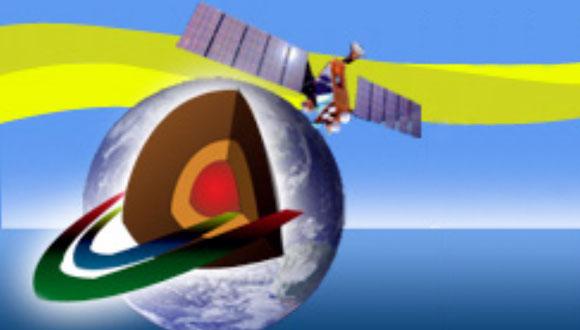Dept. of Geosciences Colloquium: Local Air-Sea Interactions at Ocean Submesoscales in Western Boundary Currents
Udi Strobach, Volcanic Institute
Zoom: https://us02web.zoom.us/j/84082397568
Abstract:
Ocean mesoscale eddies (50km-300km) dominate the global ocean kinetic energy, and they efficiently transfer ocean properties such as heat, momentum, and salt. In recent years, it was established that, locally, mesoscale ocean eddies affect winds, cloudiness, water content, and rainfall. Ocean eddies also affect large scale atmospheric circulation phenomena such as storm track, Indian monsoon, and atmospheric blocking. More recently, the importance of submesoscale ocean eddies (smaller than 50km) was recognized by their capability of transporting heat from the ocean interior to the surface. However, the effects of submesoscale ocean eddies on the atmospheric circulation are still unknown.
In this talk, I will present results from a high-resolution (~5km horizontal grid spacing) global coupled simulation using the GEOS/MITgcm Earth System Model. This simulation was integrated for 75 days starting winter 2012. The focus will be on the Gulf stream region, which is characterized by strong mesoscale and submesoscale activity. The high-resolution simulation results reveal strong air-sea interactions at the submesoscale fronts with a typical time scale of several days. The interactions are characterized by strong latent heat bursts and a secondary circulation forming above the front. These results are in contrast to the traditional view that suggests longer mesoscale interactions.
Event Organizers: Dr. Roy Barkan and Dr. Asaf Inbal


